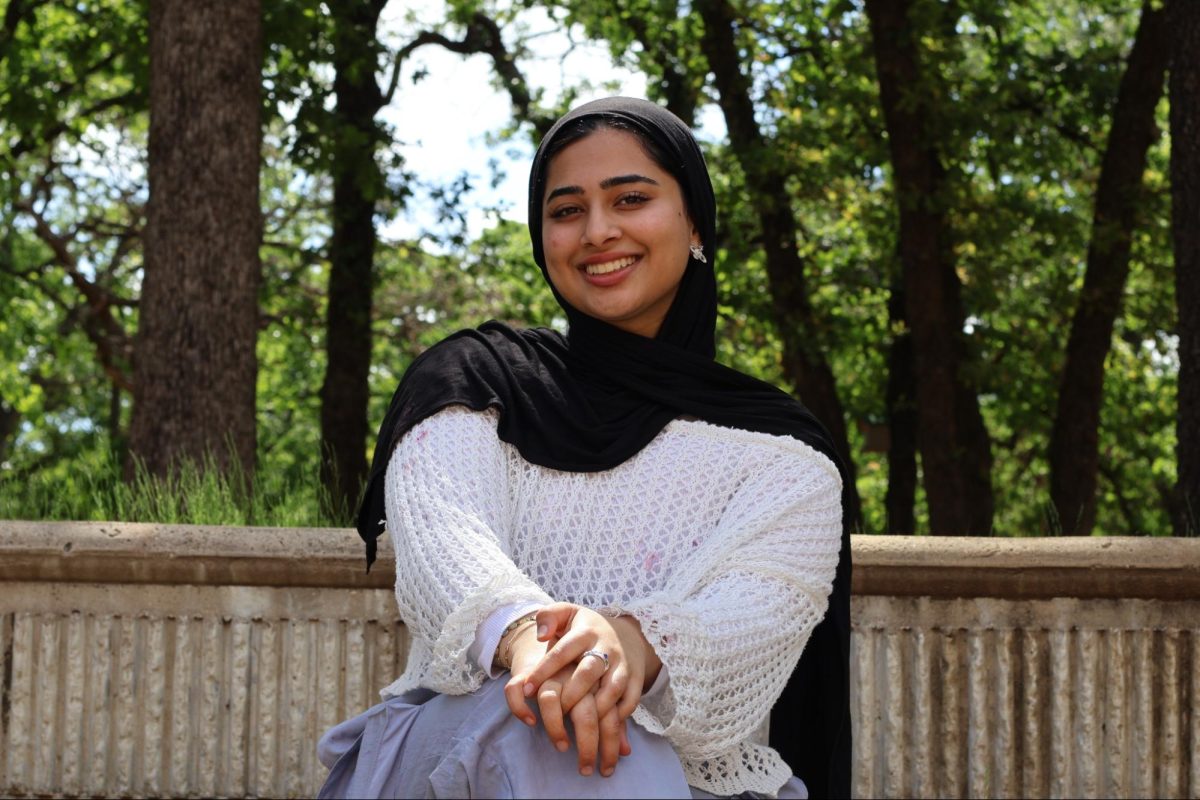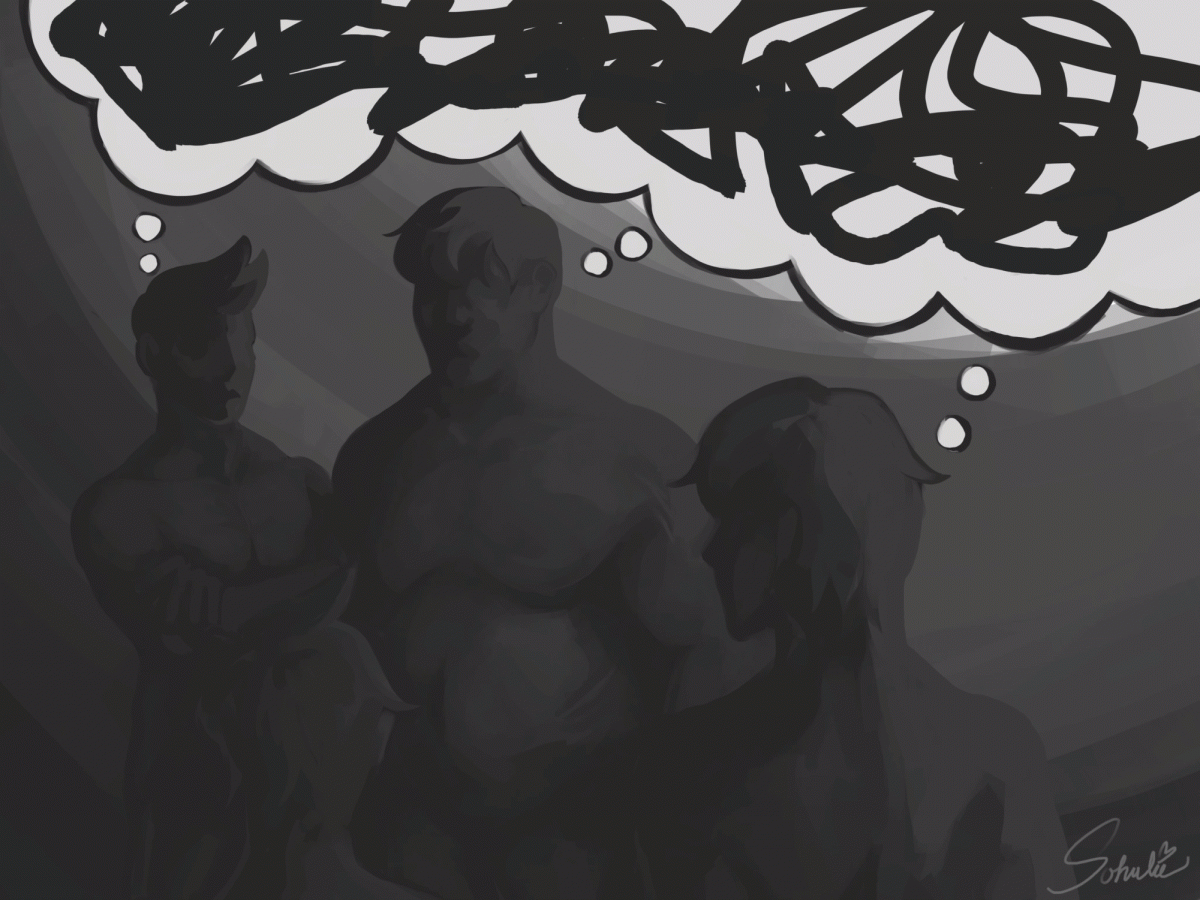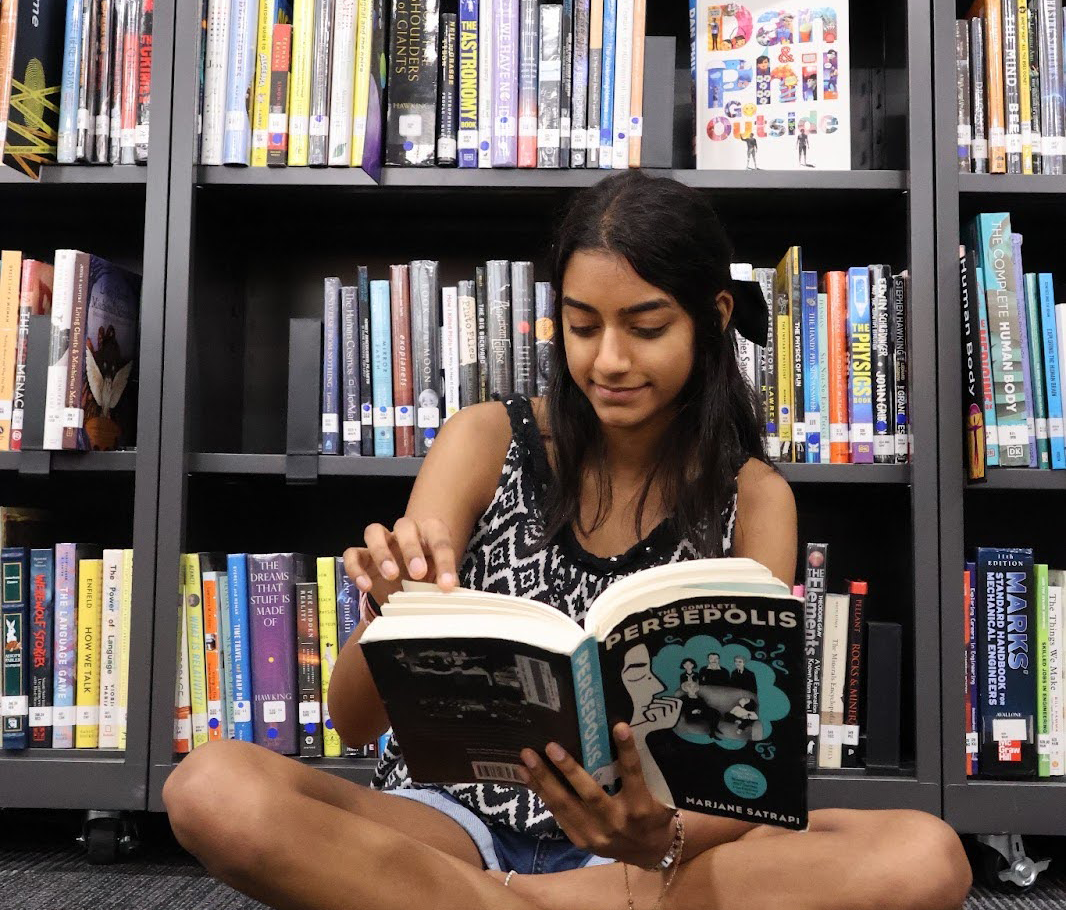“When will we ever use this?,” students in history class groan, as the teacher announces another test full of past events, seemingly unrelated to their current lives.
The study of societies, past and present, is a subject that often bores students to death.
However, I have always had a curiosity about people and their interactions. They offer me a moment to reflect on society and the environment I reside in. As I have gotten older, this knowledge has enabled me to gather a significantly better understanding of my world.
But most of my peers do not seem to feel that way.
Although social studies courses can feel like a burden, their underlying purpose is much more critical to our understanding of the world than we give these subjects credit for.
The most important aspect of social studies courses is their role in making you think critically.
“One of the biggest things that kids can get out of these courses is the ability to make up their own mind and use investigative techniques and history to figure out what their opinion is,” AP European and AP World History teacher Dan Gillette said.
The ability to form your own opinions based on facts is the fundamental backbone to interpreting the world around you. Knowledge about how and why events happened enables you to form a proper factual grounding and think logically about situations.
History enables you to form this context when it comes to major events that you may live through, such as elections or conflicts. Without this context, it is difficult to understand the significance of these events in the long run and may lead to misinterpretation.
In an increasingly polarized world, it is easy to get swept up with one side and vilify the other over many issues. But being able to form this context from one’s knowledge of social studies makes it easier to discuss, find logical solutions or simply learn from different perspectives. This is especially important in a democracy, where we voice our opinions to fix issues.
“Sometimes it’s a little frustrating because kids just think, ‘Why do I have to learn this, this happened 500 years ago?” Gillette said. “But by looking at the past, it’s explaining how we got where we are today and how to essentially prevent some of the bad things that will happen in the future.”
Furthermore, limiting the knowledge that one has of historical events, basic civil processes or growing issues is just robbing oneself of their ability to comprehend human nature.
Social studies itself is a conglomerate of human interaction. It covers how societies interact with one another, their environment and how they thrive and fall. This collection of disciplines gives us the ability to look at the human experience as a whole, and let us see how we fit in it just by living our everyday lives.
“We don’t realize how much we’re utilizing social studies in everyday life,” IB diploma coordinator Michael Brock said.
Social studies puts everything into perspective. All the advancements in other fields like math, science, art and literature are fitted, arranged and observed in it. Everything around us has a past, and a human element. Social studies is infused into all of society.
This can even be seen in Coppell. Although it may seem insignificant in comparison to a larger worldwide or domestic view, it has also had a human element for centuries. For example, the park at the Coppell Historical Museum offers a look through Coppell’s history, and offers a view into life from decades past. It gives life to how seemingly faraway events from the past affected the very soil you stand on today.
“The park shows people’s successes, difficulties and resilience through the artifacts and monuments,” Coppell Historical Museum president Chris Long said.
Oftentimes, we forget that these elements of humanity were once real and affected people just like current events do today. The study of history, and also other elements of social studies, helps convey the impact of the past, and show how it blends into the present.
The knowledge of these subjects can better help people understand themselves and where they are within the world around them. The human experience is shared and continuous, so it is important that one does their best to understand it.
Follow Yug (@YugTalukdar) and @CHSCampusNews on X.









